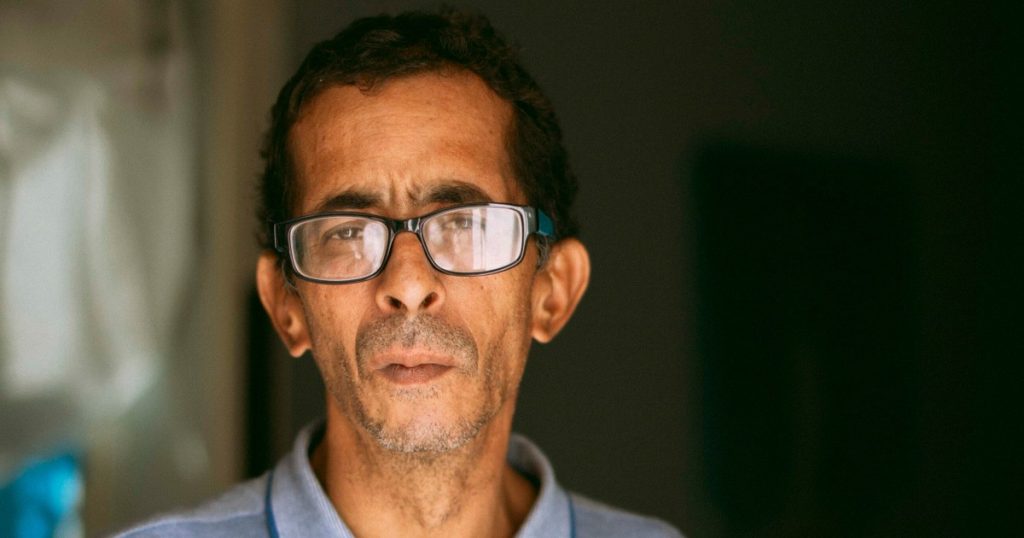Izak Kadosh, a Jewish man from Brooklyn, has been charged with over 40 counts including attempted murder and hate crimes against his Muslim neighbor. The attacks were motivated by religious and ethnic differences between the two men. Kadosh allegedly threatened to break into his neighbor’s apartment and kill him because of their differing religious backgrounds. He was arrested after breaking into the apartment, vandalizing it, and physically assaulting his neighbor, causing serious injuries that required hospitalization. Kadosh pleaded not guilty and bail was set at $25,000 cash or $125,000 bond.
The neighbor, Ahmed Chebira, reported that the harassment began shortly after he moved into the building in October. Despite his attempts to tell Kadosh to leave him alone, the harassment continued, culminating in violent attacks and threats on Chebira’s life. The complaint against Kadosh details a pattern of harassment and violence dating back to early March, including slashing tires, vandalism, and physical assault. Chebira expressed relief that Kadosh had been arrested and feared for his safety upon being discharged from the hospital.
New York Governor Kathy Hochul condemned the hate crimes, calling them “despicable” and affirming that everyone deserves to feel safe in New York. She pledged to stand up against Islamophobia and all forms of hate, emphasizing that hate has no place in the state. The rise in antisemitic and Islamophobic attacks in the country has been linked to the October 7 Hamas attack on Israel and the subsequent conflict in Gaza. The increase in hate crimes demonstrates the need for continued efforts to combat discrimination and ensure the safety and well-being of all individuals.
The charges against Kadosh highlight the serious consequences of hate crimes and the impact they can have on individuals and communities. The case serves as a reminder of the importance of promoting tolerance, understanding, and respect among different religious and ethnic groups. Efforts to address and prevent hate crimes must involve collaboration between law enforcement, community organizations, and government officials to ensure that justice is served and victims are protected. It is essential to create a culture of inclusivity and mutual respect to prevent acts of violence and discrimination based on religious, ethnic, or other differences.
The allegations against Kadosh underscore the need for increased awareness and education to combat prejudice and hate. By promoting dialogue, understanding, and empathy, individuals can work towards creating a more inclusive and accepting society. Initiatives that promote diversity, tolerance, and multiculturalism can help challenge stereotypes and promote social cohesion. It is crucial for individuals to speak out against hate and discrimination, and to support those who are targeted by bigotry and intolerance. By standing together against hatred, communities can build a more just and equitable society for all individuals, regardless of their background.
In conclusion, the case of Izak Kadosh highlights the urgent need to address hate crimes and discrimination in all its forms. The violence and harassment he inflicted on his Muslim neighbor show the real-world consequences of prejudice and intolerance. It is essential for individuals, communities, and governments to work together to combat hate, promote understanding, and ensure the safety and well-being of all individuals. By standing against bigotry and discrimination, we can create a more inclusive and compassionate society for everyone.


